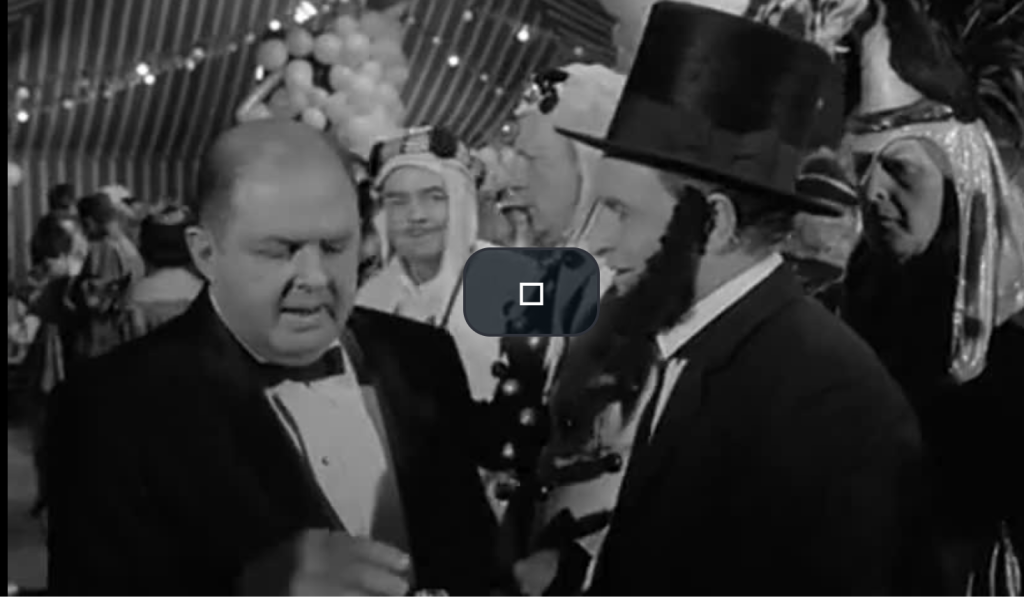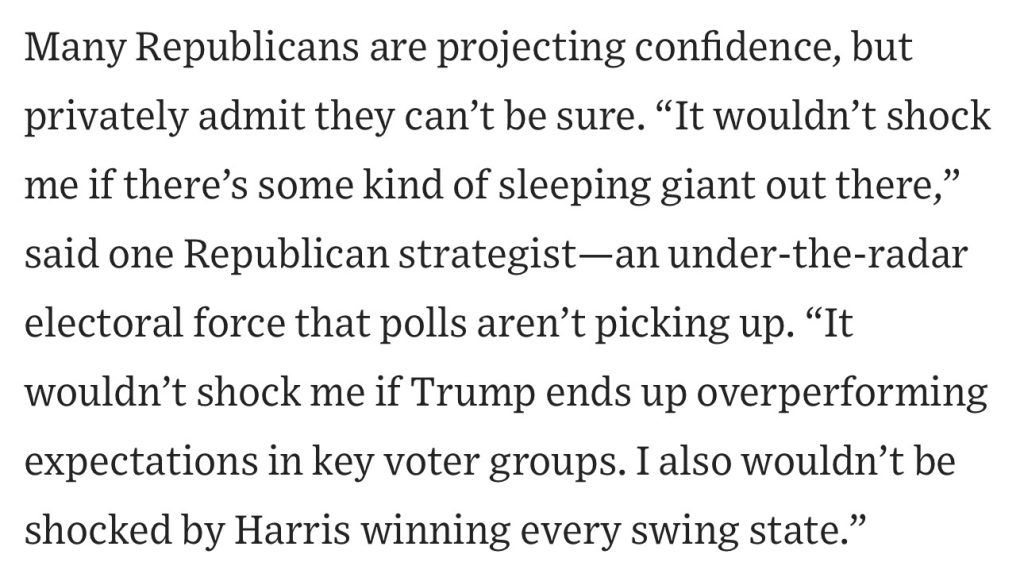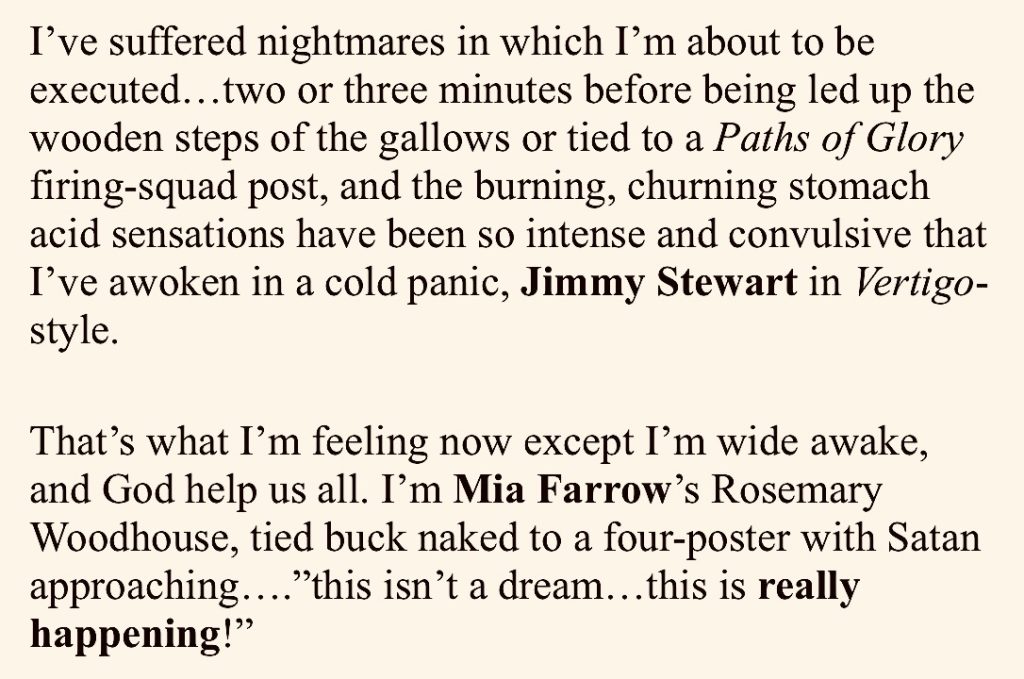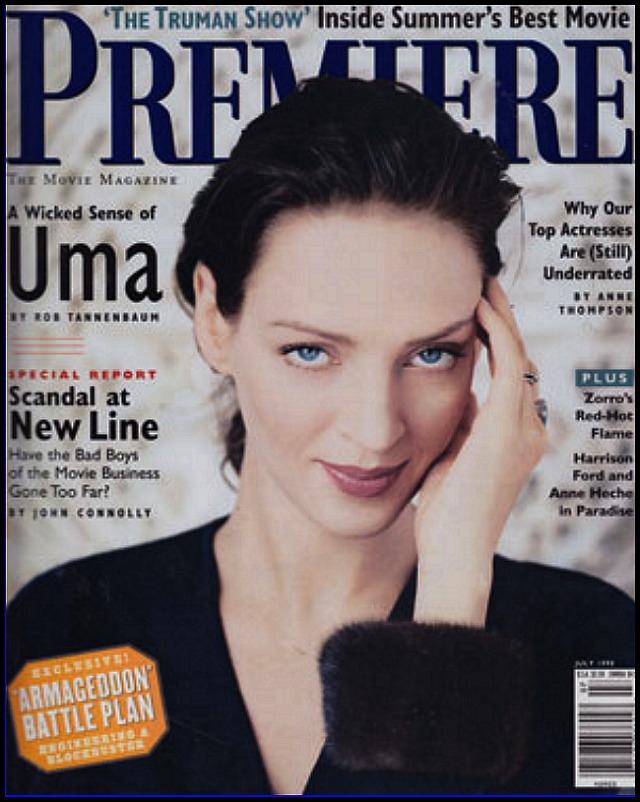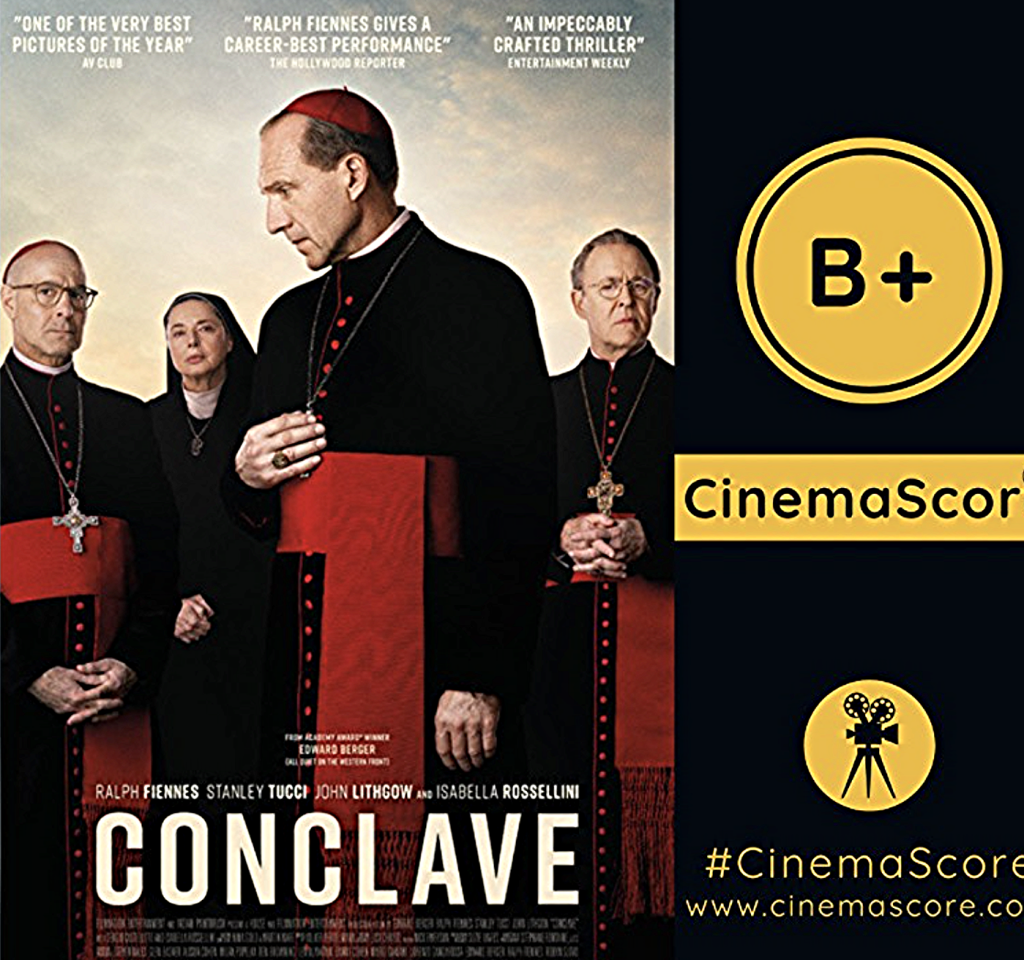…when using non-attributable quotes for a serious state-of-things piece was considered journalistic malpractice? Or at least it was 26 years ago. In the minds of David Poland and Peter Bart, I mean.

In an Indiewire piece posted earlier today, producer, industry consultant and former Fine Line production executive Liz Manne outed herself as a major anonymous source for a controversial, once-heavily-criticized 1998 Premiere story that described a culture of sexual harassment at New Line Cinema, which at the time was run by Bob Shaye and Michael Lynne.
The article, written by John Connolly and fact-checked by Premiere staffers (including then-editor Jim Meigs and senior film editor Glenn Kenny), was called “Flirting With Disaster.”
The article asserted that all kinds of nasty shenanigans (drinking, drugs, sexual harassment) were happening at New Line, and that Shaye and Lynne ran the place “like a college dorm,” according to a producer who spoke anonymously to Connolly. The piece began with a story about a boozy New Line party that happened the year before (1992) at a lodge in Snowmass, Colorado, and about how Lynne made an aggressive sexual pass at an unnamed female executive.
That executive, according to Manne’s Indiewire piece, was Manne herself. As noted, she flat-out admits to having been one of Connolly’s anonymous sources.
In hindsight, the Connolly piece can be appreciated as a tough expose that described a predatory climate that sounds all too familiar by today’s understandings. But because it depended on anonymous sources (when she left the company Manne signed an exit agreement that forbade her from talking to anyone about anything in any context) the article was strongly attacked as an example of reckless or irresponsible journalism.
Two of the attackers were Movie City News’ David Poland and Variety‘s Peter Bart. Coincidentally, there was also a “Reverse Angle” article on page 51 in that same issue of Premiere, written by Harvey Weinstein of all people, that complained about “the reckless use of unnamed sources.”
From Poland’s 6.17.98 MCN article: “Can you say ‘hatchet job?’ I know for sure that Premiere magazine can. It had to be the phrase of the day when it decided to print its story, ‘Flirting With Disaster’” on alleged sexual and drug-related misconduct at New Line Cinema. I am often disgusted with the state of entertainment journalism, but usually it’s because we throw softballs in exchange for access to the talent that sells magazines, newspapers and TV shows. (And yes, some Web sites.) This time, it’s the opposite.
“What was Premiere thinking when it ran the results of John Connolly‘s eight-month ‘investigation’ which added up to little more than a handful of gossipy accusations by unnamed sources that any reporter working this beat on a regular basis could have come up with over a three-day weekend?”
Read more


